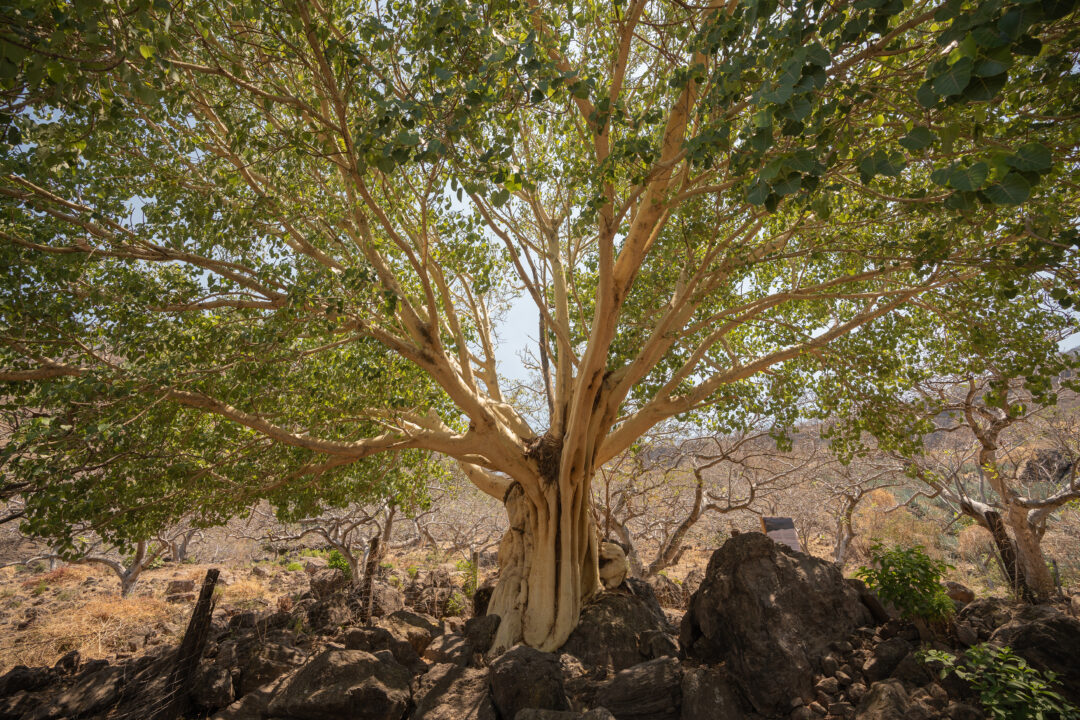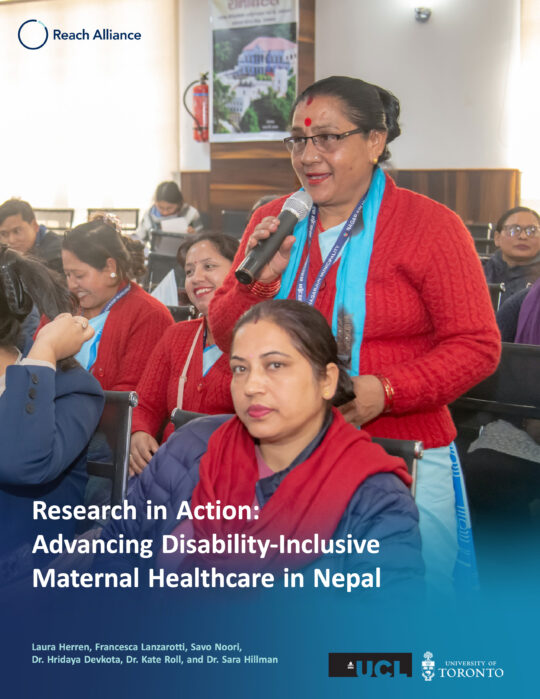Our Mission
We pursue the full achievement of the SDGs by equipping and empowering the next generation of global leaders to create knowledge and inspire action on reaching the hardest to reach.

- 102 Students
- 301 Alumni
- 74 Published Case Studies
- 9 Universities
- 25 Involved Countries
Working in interdisciplinary teams, Reach’s globally-minded students use rigorous research methods to identify innovative solutions to climate, public health, and economic challenges. The United Nations Sustainable Development Goals (SDGs) provide inspiration and a guiding framework. Research is conducted in collaboration with local communities and with guidance from university faculty members, building capacity and skills among Reach’s student researchers.
The power of the Reach Alliance stems from engaging leading universities to unleash actionable research insights for impact. To date, the Reach Alliance has trained over 400 undergraduate and graduate students across seven countries, launched over 100 case study reports, covering innovative interventions in more than 35 countries. These actionable research insights have been published in numerous journals such as Lancet and BMJ Global Health and are being used by policymakers and sector leaders, such as the Government of Canada and Stanford Social Innovation Review, to catalyze impact around the world.
The Reach Alliance was created in 2015 by the University of Toronto’s Munk School of Global Affairs & Public Policy, in partnership with the Mastercard Center for Inclusive Growth. It is guided by an Advisory Council of leaders in academia, and in the private, public, and non-profit sectors who help to drive impact, influence and scale, and support fundraising efforts.
Become a researcher
Find out how you can apply to be a Reach Alliance researcher.
